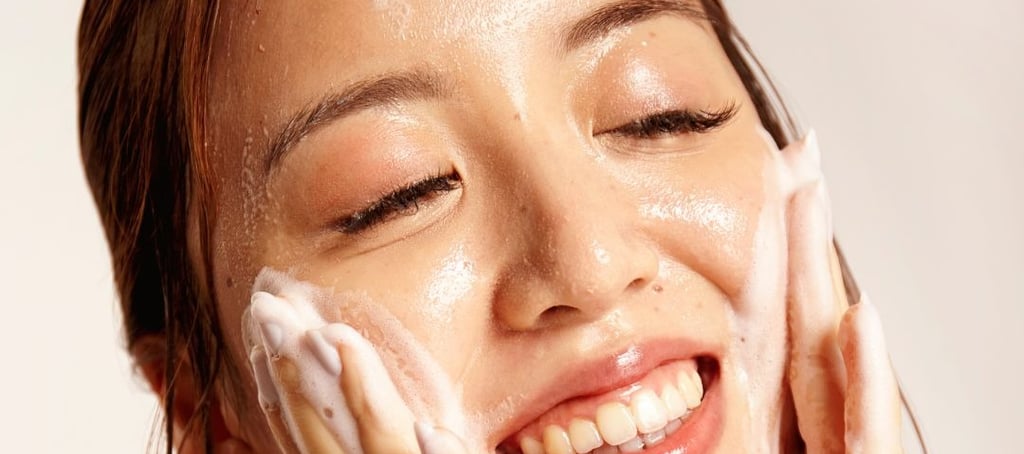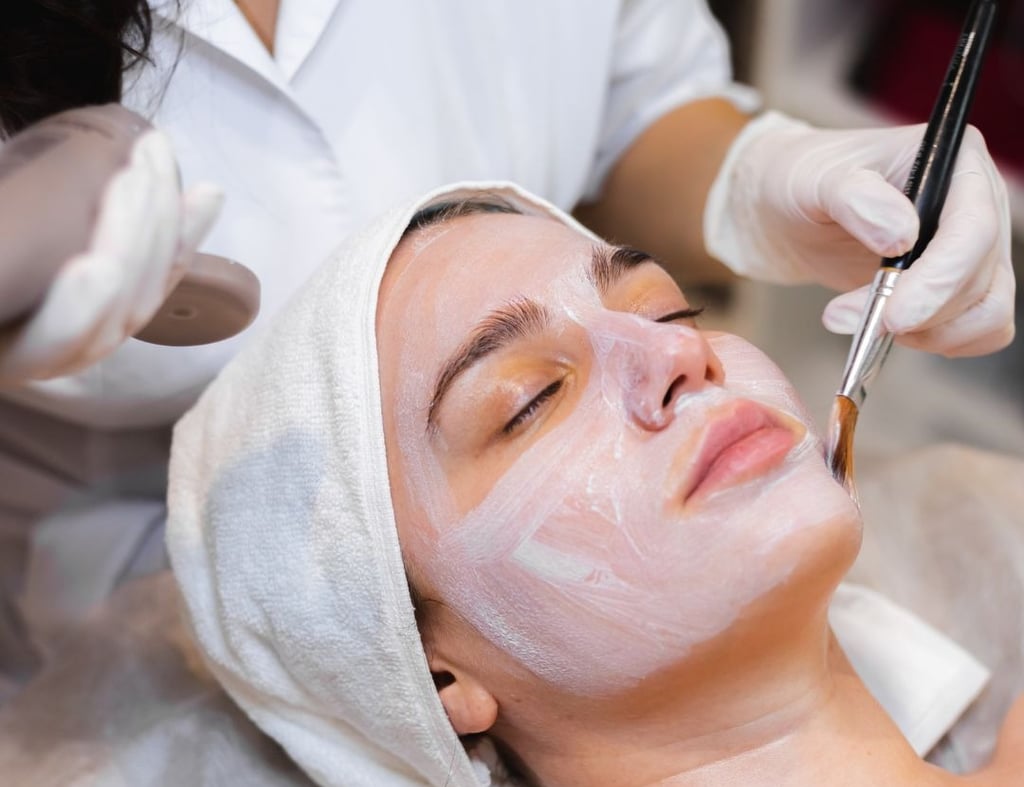Why Using the Right Skincare Products After a Facial is Essential
After a facial, using the right skincare products is essential for several reasons. Facials can deeply cleanse, exfoliate, and hydrate your skin, but they also leave your skin more vulnerable and receptive to external factors. Here's why it's crucial to use the proper products afterward:
2/21/20253 min read


After a facial, using the right skincare products is essential for several reasons. Facials can deeply cleanse, exfoliate, and hydrate your skin, but they also leave your skin more vulnerable and receptive to external factors. Here's why it's crucial to use the proper products afterward:
1. Skin Sensitivity
Facial Impact: Facials often involve exfoliation or extractions that remove dead skin cells, unclog pores, and possibly leave the skin a bit sensitive.
Why It Matters: The skin’s protective barrier might be temporarily weakened, making it more prone to irritation, redness, or sensitivity. Using gentle, soothing products helps restore and maintain your skin’s balance.
2. Hydration
Facial Impact: Many facials, especially those that focus on exfoliation, can leave your skin feeling dry or tight.
Why It Matters: Post-facial, your skin needs hydration to replenish moisture and prevent dehydration. Using hydrating serums, moisturizers, or masks helps lock in moisture and support the skin’s natural barrier.
3. Maximize Results
Facial Impact: Facials often involve active ingredients that work to rejuvenate your skin, like antioxidants, vitamins, and acids.
Why It Matters: The skin is more receptive to these ingredients right after a facial. Using the right products that complement the treatment can enhance its effects, giving you a more radiant, smoother, and healthier complexion.
4. Preventing Infections or Breakouts
Facial Impact: If your facial included extractions, your pores may be open and temporarily more susceptible to bacteria.
Why It Matters: Applying products that are non-comedogenic and formulated for sensitive skin will help prevent irritation, breakouts, or infection. Cleanliness is key during this time, so ensure the products are gentle and free of harsh chemicals.


5. Soothing and Calming Skin
Facial Impact: Some facials, particularly those involving peels or steam, can lead to mild redness or inflammation.
Why It Matters: Post-facial products that contain calming ingredients, like aloe vera, chamomile, or niacinamide, can help reduce inflammation and soothe the skin, promoting faster recovery.
6. Sun Protection
Facial Impact: Many facials include exfoliation, which can make your skin more sensitive to the sun.
Why It Matters: UV exposure can cause pigmentation, irritation, and premature aging, especially after a facial. Always use a broad-spectrum sunscreen (SPF 30 or higher) to protect your skin from harmful UV rays.
7. Avoiding Overloading Your Skin
Facial Impact: A facial often provides the skin with a lot of beneficial treatments (e.g., serums, masks, etc.).
Why It Matters: Your skin doesn’t need an overload of products right afterward. Using lightweight, simple products that focus on hydration and protection allows your skin to heal and absorb what it needs without overwhelming it.
8. Support Skin Regeneration
Facial Impact: After a facial, your skin is actively regenerating and renewing.
Why It Matters: Applying products that support cell regeneration (like peptides or gentle exfoliants) can help speed up this process, leading to smoother, more youthful skin in the days following the facial.
Best Practices for Post-Facial Skincare:
Use a gentle cleanser: After a facial, your skin is sensitive, so avoid harsh cleansers that could strip your skin of moisture.
Hydrating serums or oils: Choose products with hyaluronic acid or ceramides to lock in moisture.
Non-comedogenic moisturizers: Go for something lightweight but hydrating to keep your skin plump and protected.
SPF: Always wear sunscreen to avoid damage, especially if your facial included exfoliating treatments.
Avoid strong actives: Give your skin a break from potent acids (like retinol or AHAs) for a couple of days to allow it to recover.
In summary, your skin is in a vulnerable state post-facial, and using the right products ensures that it heals, stays protected, and continues to glow. By choosing gentle, hydrating, and soothing items tailored to your skin’s current needs, you can maximize the benefits of your facial and maintain long-lasting results.
Facial Bangkok
Discover top-notch treatments for ultimate facial rejuvenation in Bangkok - Thailand.
Guide
© 2026. All rights reserved. Designed by Pimclick SEO Agency
Article
